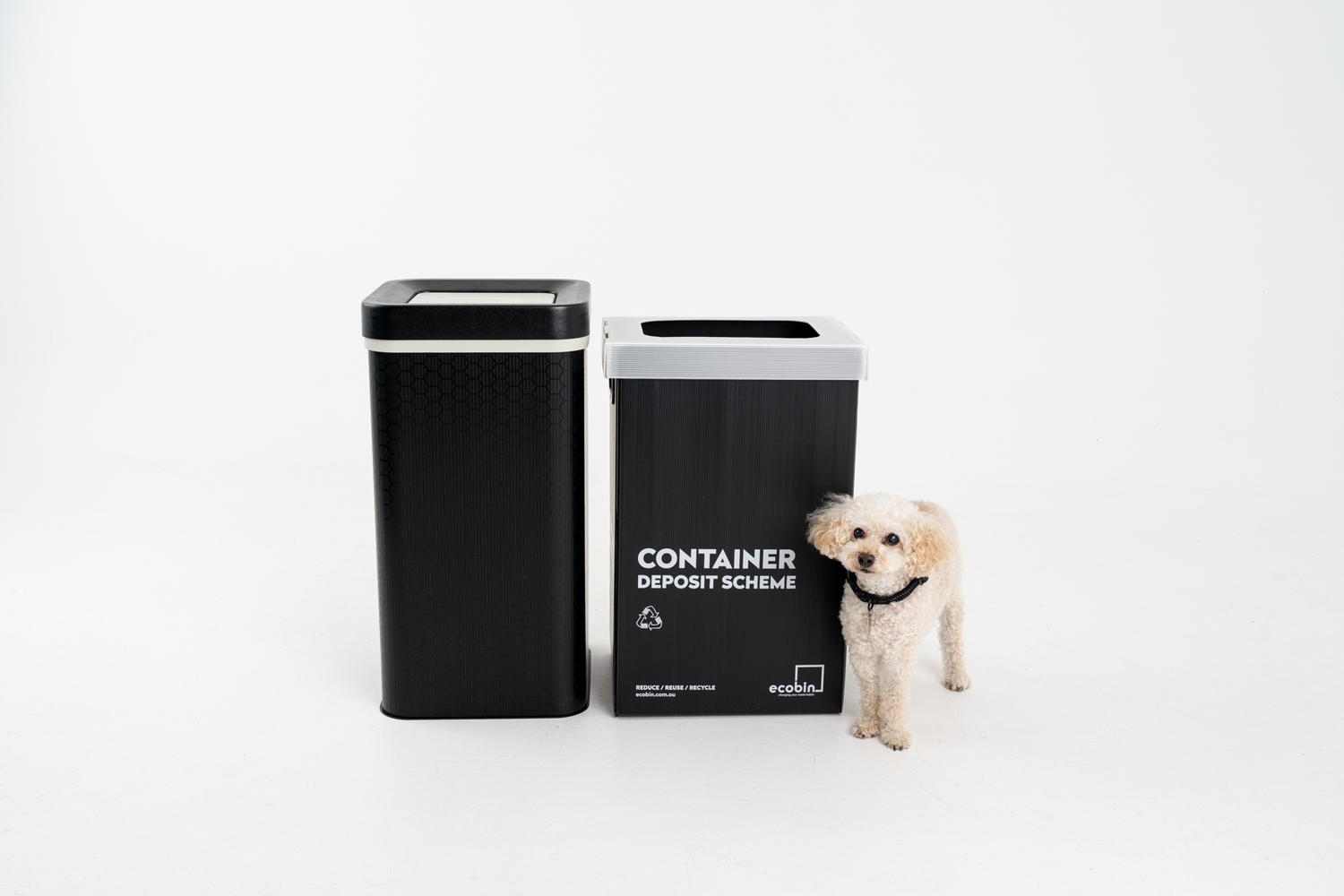
Safe disposal of waste
The ‘use and throw concept’ is one of the main reasons for the accumulation of waste in the world as people have a tendency to discard things after using them. This accumulation of waste has some devastating and harmful effects on our atmosphere as well as our biosphere. Landfills are the major breeding places for all kinds of insects and rodents which increase the chances of spreading various diseases in localised habitations. People should not have an easy-going attitude towards these issues as it is likely to transform into a threat for themselves and upcoming generations.
Although many measures have been taken in the past several decades the main problem is that the scale of waste accumulation is still reaching heights because of the growth in the population and industrialisation. The main challenge now is to detect the root of this global issue and find a way to tackle it collectively.
There are several harmful effects if this is not controlled - soil, water and air pollution being some. All these contribute to the creation of greenhouse gasses and can result in ozone depletion. It can also cause significant harm to marine life and wildlife.
The best methods of safe disposal are segregation and composting. After segregating the waste and separating materials for reuse and recycling, the waste material should be disposed of. Care must be taken that waste disposal does not pollute the air, groundwater, surface water and land.
Various types of bins are used to segregate glass, metals, paper, cloth etc. and each type is handled separately by reusing it, recycling it or disposing of it in any other accepted waste disposal method. It should be the duty of each household to segregate domestic waste into different bins like biodegradable and non-biodegradable and then convert biodegradable ones into other useful products like compost.
Composting of waste is an aerobic method of decomposing solid wastes. The process involves the decomposition of organic waste into humus known as compost, which is a good fertiliser for plants. The composting process produces carbon dioxide and heat. The organic and biodegradable waste is made to undergo decomposition in such a way that bacteria and other microorganisms break them down and produce a safe, clean and soil-like material.
Waste management needs to be one of the priorities for every individual. Environmental associations have established several methods in dealing with waste management. Strategies are designed by civic bodies keeping in mind the long term vision. The use of new advanced technologies for treating and disposing of solid wastes are being initiated. Let's be a part of this good cause and make lives better!
